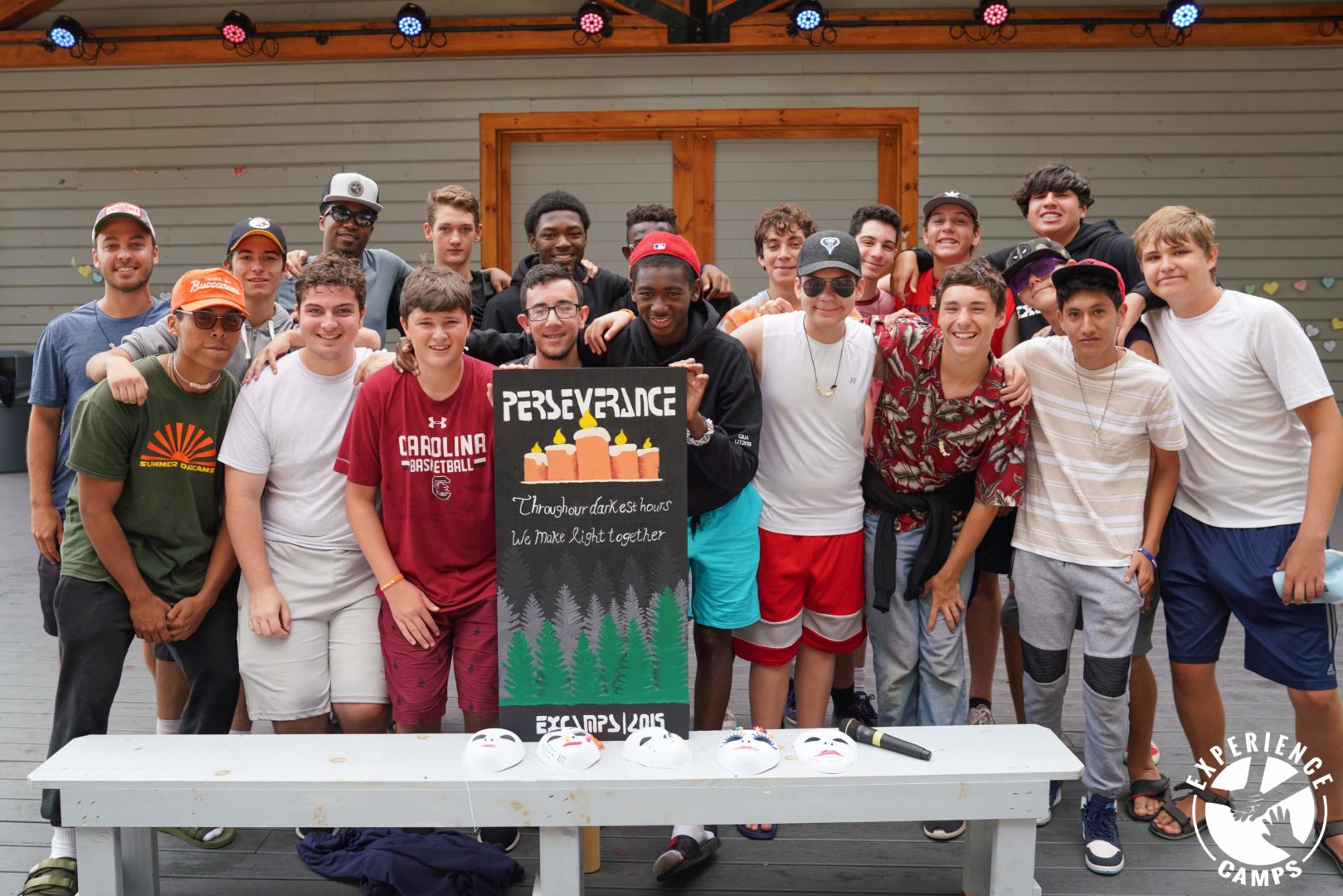While the majority of children are resilient when coping with trauma and grief, some helpful guidelines include the following:
- Children need honest information, given in developmentally appropriate language.
- A child is never too young to participate in death related rituals.
- Children are incredibly perceptive and take behavioral cues from adults around them.
- Although seeing parents/caregivers cry may be scary for children, they need to know that it is healthy to express feelings.
- Children think differently than adults. Their behaviors may be misinterpreted and adults may think that they are not grieving.
- Children grow in spurts and grieve in spurts.
- Children often re-grieve as they reach developmental milestones.
- Grieving children and teens often try to protect their parents/caregivers and friends by keeping their painful feelings to themselves, which can be harmful.
- Maintaining memories for bereaved children and incorporating rituals is crucial for healthy integration.
- Those who are grieving are the experts of their own grief. Ask them what they need!
And here are some things to NOT do….
- Use euphemisms for death, such as “went to sleep” or “lost”.
- Avoid mentioning the person who died.
- Pretend that nothing has happened.
- Try to explain away feelings.
- Try to minimize the loss with statements that indicate that it’s not as bad as it seems.
- Don’t say…
- Time heals everything
- She/he’s happy now
- I know exactly how you feel
- You need to… (move on, get over it, get involved in other things)Be strong for….
How can you help?
- Answer honestly any questions the child may have
- Encourage the child to express their feelings
- Recognize that helping children cope with grief is an ongoing process, not a unique event that occurs at one specific point in time.
- Children who are bereaved need open support, love and encouragement
- Children are teachers too. Adults need to learn from the child the unique meaning that a loss has to that particular child
